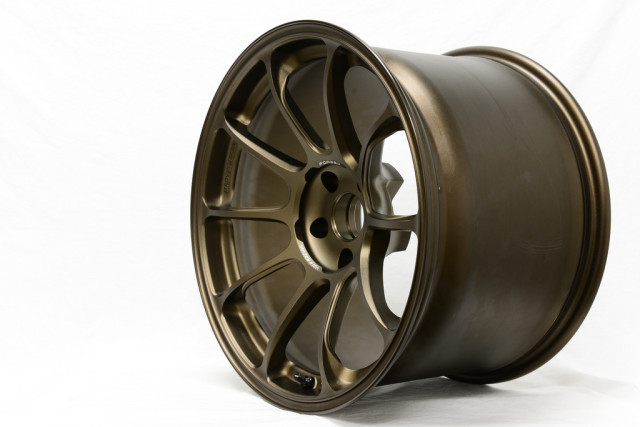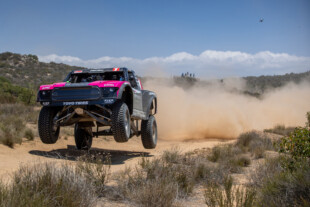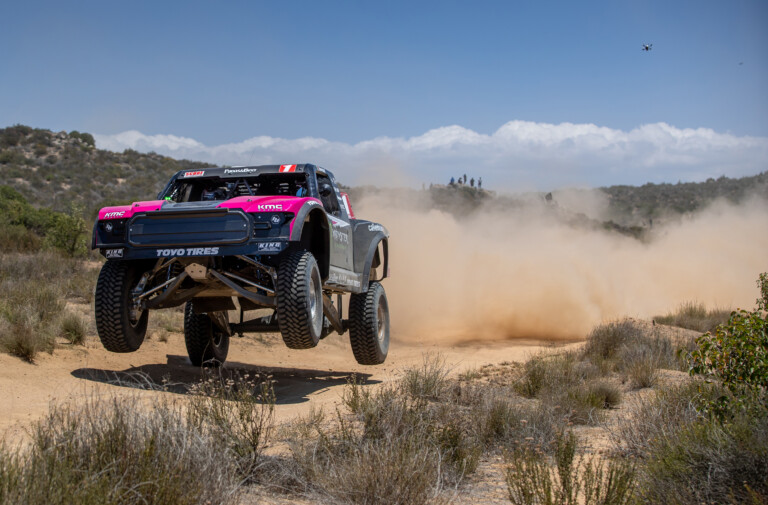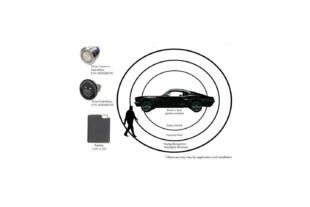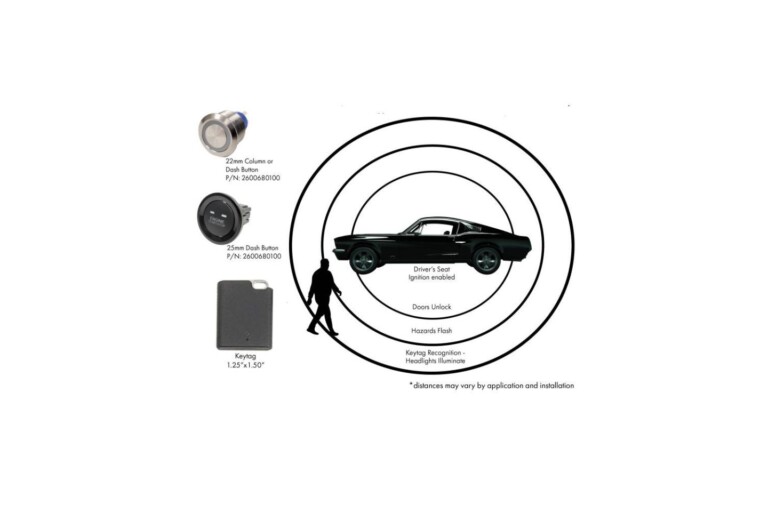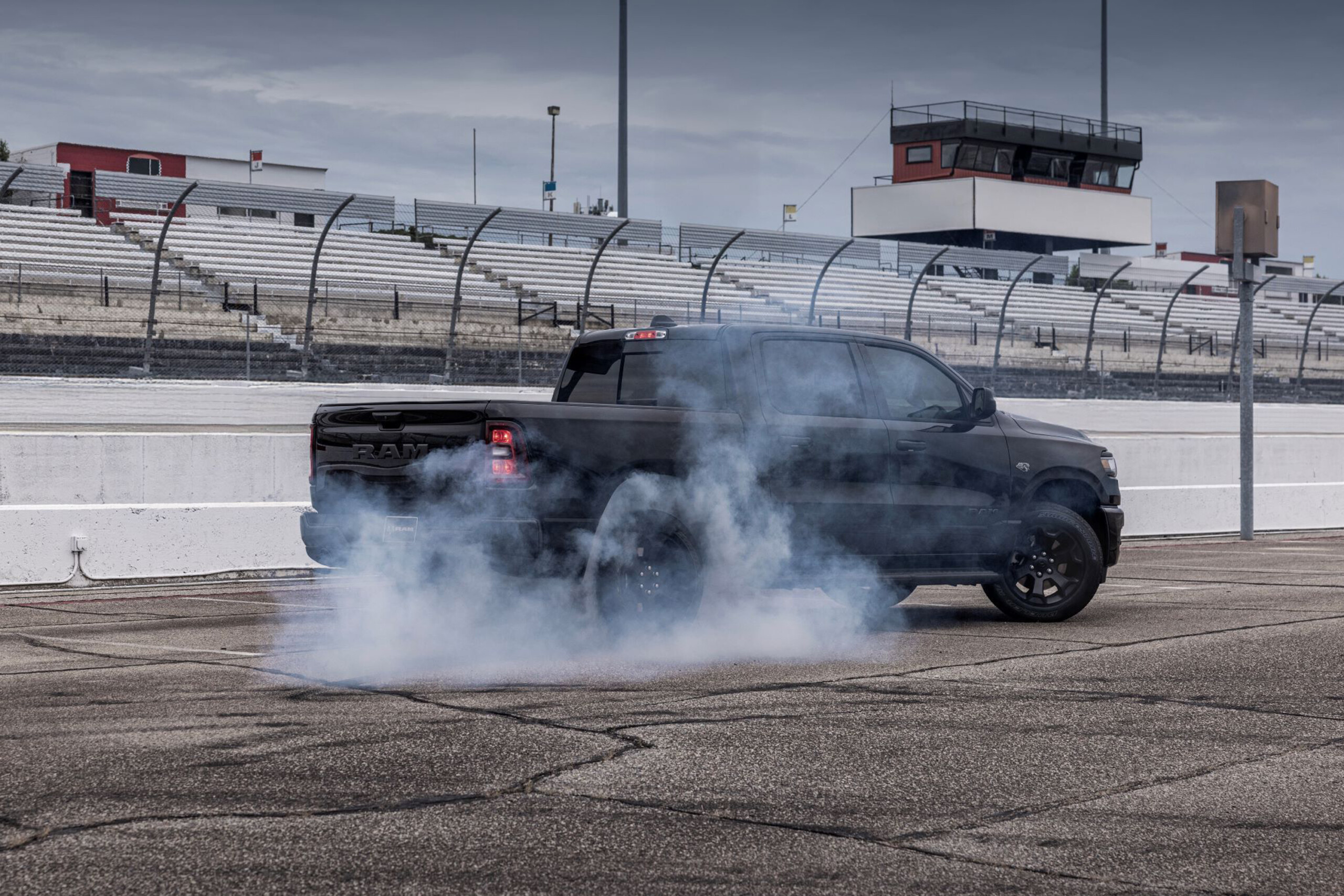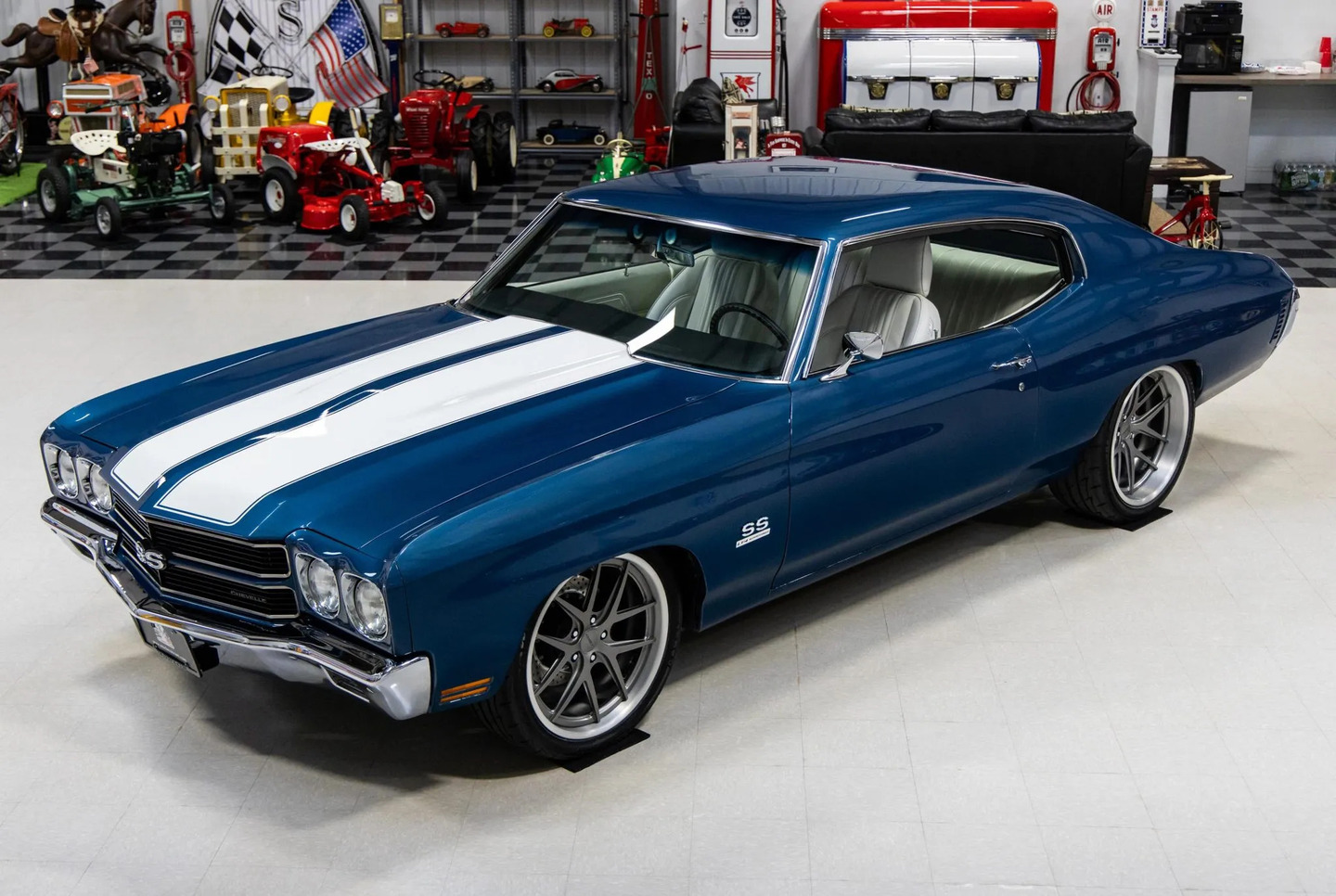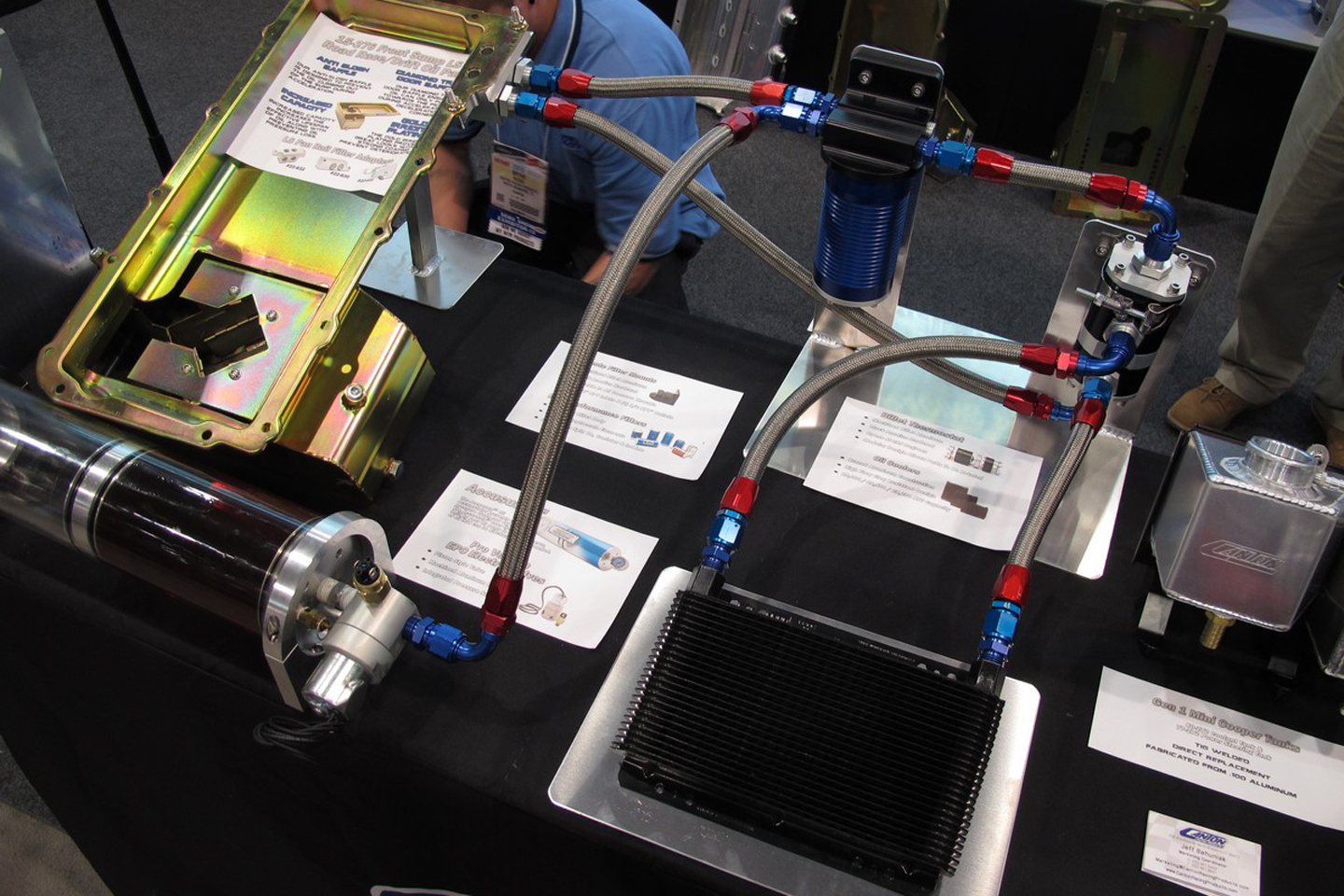Ahh, wheels; they make or break the look of a car, and they also contribute to the car’s performance more than you might think. /DRIVE zipped over to HRE Wheels in beautiful, sunny San Diego, California for president and CEO, Alan Peltier to explain why crappy wheels are, in fact, a bad idea.
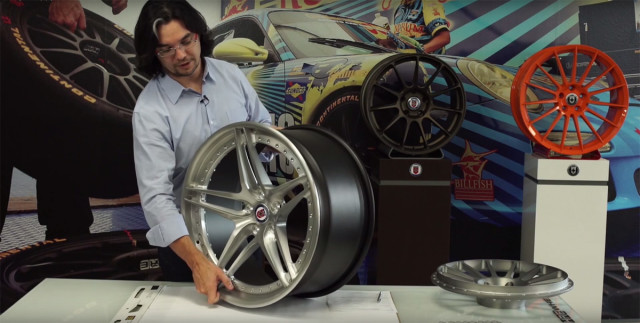 You may not know, but there really is not much regulation regarding testing or anything like that in the states for custom wheels. You could end up buying wheels that you think are great for thousands of dollars, and then they end up being junk. Some cast wheels might look great, but the material used to make cast wheels is a lot less resilient than a forged blank. The metal grain on a forged wheel is very fine, due to the forging process, which increases the strength of the wheel in a way that can’t be done on a cast wheel.
You may not know, but there really is not much regulation regarding testing or anything like that in the states for custom wheels. You could end up buying wheels that you think are great for thousands of dollars, and then they end up being junk. Some cast wheels might look great, but the material used to make cast wheels is a lot less resilient than a forged blank. The metal grain on a forged wheel is very fine, due to the forging process, which increases the strength of the wheel in a way that can’t be done on a cast wheel.
For racing applications, wheels should be as lightweight as possible. A heavier wheel will have more hang time after hitting a bump because more energy is required to force the wheel back to the ground, which is exactly what you don’t want out on the track. Also consider rotational inertia; the more mass further away from the center of the wheel, the more rotational inertia the wheel has, meaning more energy is needed to turn the wheel.
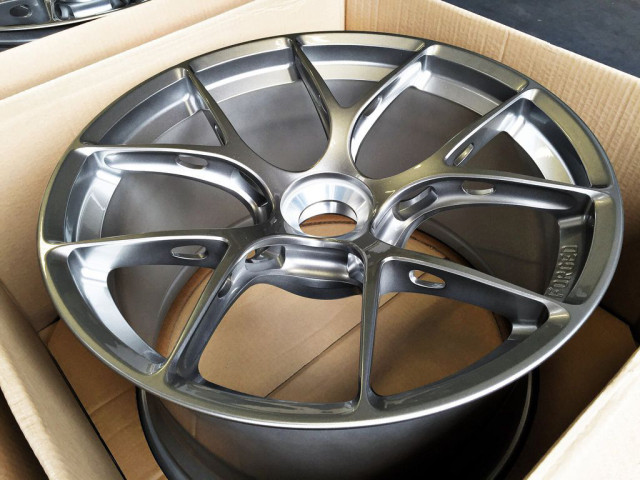
BBS uses a far more complicated way of taking weight out of their wheels. Instead of pocketing, they drill straight through the spoke, reducing mass, but also increasing structural integrity.
Reducing rotational inertia and unsprung weight have been reduced by taking mass out of certain areas of the wheel, like the hub, between fastener holes (on three-piece wheels), and from the spokes. This is referred to as “pocketing.” Reducing rotational inertia on a multi-piece wheel can also be done by using lightweight titanium fasteners. The same principal applies to braking as well; less energy will be needed to slow the wheel down if the wheel weighs less.
There is a lot of great information in this video, and we hope you can use some it next time you’re choosing a set of wheels for your track or street vehicle.



